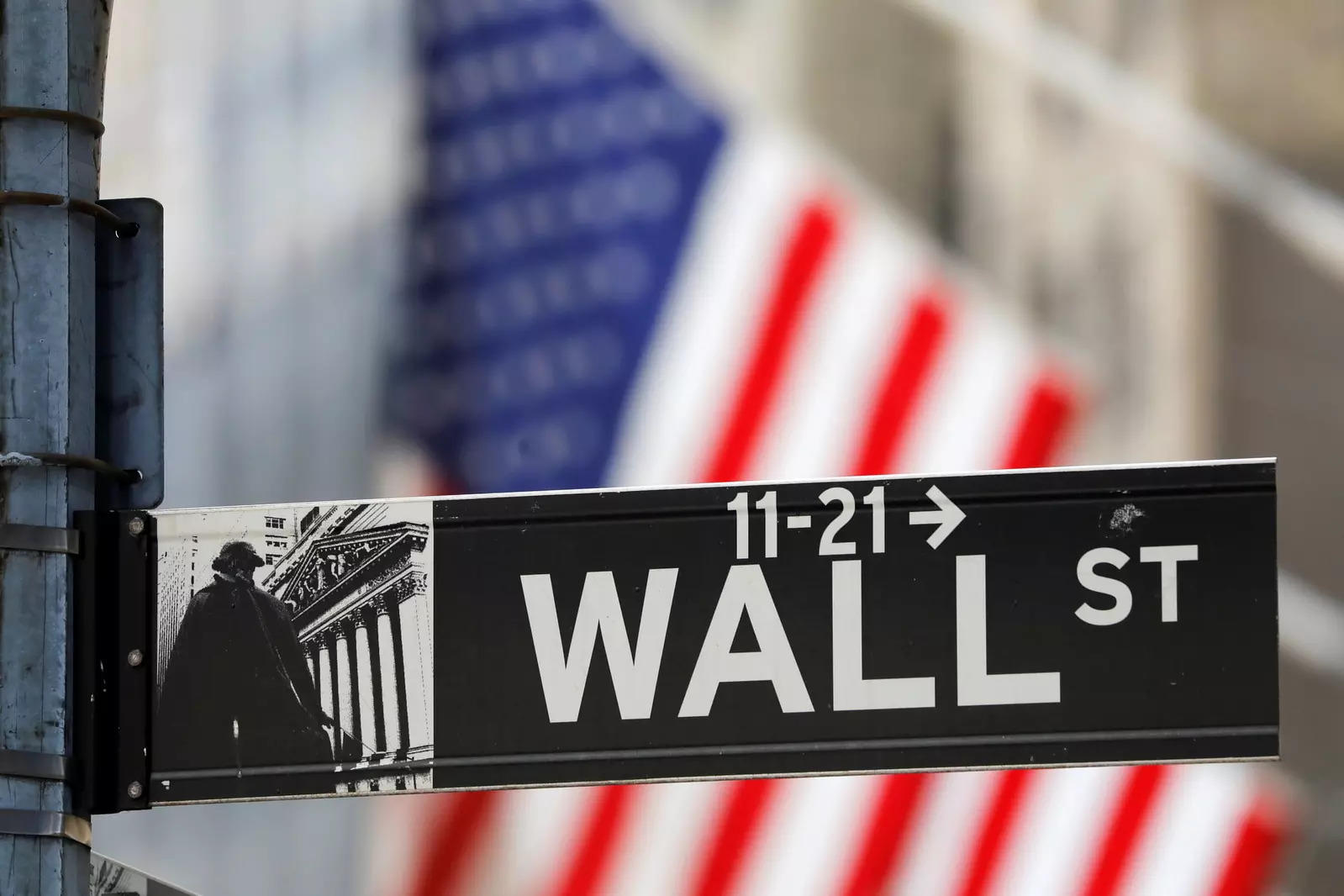Speedier Wall Street trades putting global finance on edge
Spurred on by the original meme-stock frenzy, the Securities and Exchange Commission is pushing the shift to reduce the chance of something going wrong between when a trade is executed and when it's settled. But the switch to what's known as T+1 comes with risks of its own.
New York: When reopen next Tuesday after the long weekend, everything will likely seem normal. It's only after the close and in the following days that any cracks are expected to appear. A spike in the number of failed , operational glitches and additional costs are among industry fears as the trading process for American accelerates, with the time allowed to complete every transaction halved to a single day.Spurred on by the original meme-stock frenzy, the is pushing the shift to reduce the chance of something going wrong between when a trade is executed and when it's settled. But the switch to what's known as T+1 comes with risks of its own.
International - who hold about $27 trillion in American markets - face a system in which the usual method of funding a US trade takes longer than they actually have to execute the deal. Unheralded parts of the trading process like affirmation (confirming details), fixing errors, and recalling securities out on loan must happen at least twice as fast. funds face a mismatch where cash flowing in and out moves at a different speed to the assets they have to buy and sell.
And it all faces an immediate stress test as some of the world's major indexes rebalance or reveal planned reconstitutions before the end of this month.
"All hands will be on deck," said Michele Pitts, 's global head of custody data for securities services, noting the likelihood of increased trade fails across the industry. "There will be a significant uptick in risks for the first several weeks."
'Lot of Anxiety'
Under current rules, anyone purchasing a US stock has two days between hitting the "buy" button and actually having to deliver money for the trade, while the seller has the same time to supply the share. This lengthy settlement period in such a large and sophisticated is what remains from the days when transactions were manual, and investors had up to a week to complete.
That's been whittled away over the years, and new SEC rules will slash the settlement time again on May 28 to one day. Across and beyond, major banks, asset managers and an assortment of specialized service firms are bracing for the fallout.
At JPMorgan Chase & Co., internal modeling shows about a quarter of the currency trades it processes for clients are set to be impacted. Brown Brothers Harriman & Co. is putting clients through a "T+1 simulator" to identify those with potential issues.
Institutions including , Citi, HSBC Holdings Plc, UBS Asset Management, Baillie Gifford and more say they're either moving staff, reorganizing shifts or building new systems - and in some cases all three - in preparation for the switch.
"There's a lot of anxiety even just around the technology and the actual way by which settlement will take place," Amy Hong, head of market structure and strategic partnerships for global banking and markets at Goldman Sachs Group, told the Bloomberg Sell-Side Leaders Forum this month.
“There are going to be some mismatches around funding, there are going to be some FX-related issues that we’re going to need to work out.”
The world of and investment can be famously averse to change, with doomsayers dependably appearing whenever new rules are proposed. Yet in the case of T+1, the concerns go beyond one or two market Cassandras.
Just 9% of sell-side firms polled by Coalition Greenwich in April and May said they expect the T+1 switch to go smoothly, with 38% warning that buy-side managers are unprepared, and 28% believing trading platforms aren’t fully ready. Almost a fifth anticipate a large disruption with “many or severe issues.”
The consensus view is that trade failures — when either a seller doesn’t deliver securities or a buyer fails to produce payment — are about to rise. The question is how large and persistent that uptick will be.
Settlement failures are generally a tiny feature of the modern market, usually stemming from technical issues or human error. They can result in regulatory punishment, loss of capital tied up in the trade, and even — in very rare instances when the transaction is large enough — the collapse of parties in the deal.
Source: Stocks-Markets-Economic Times
